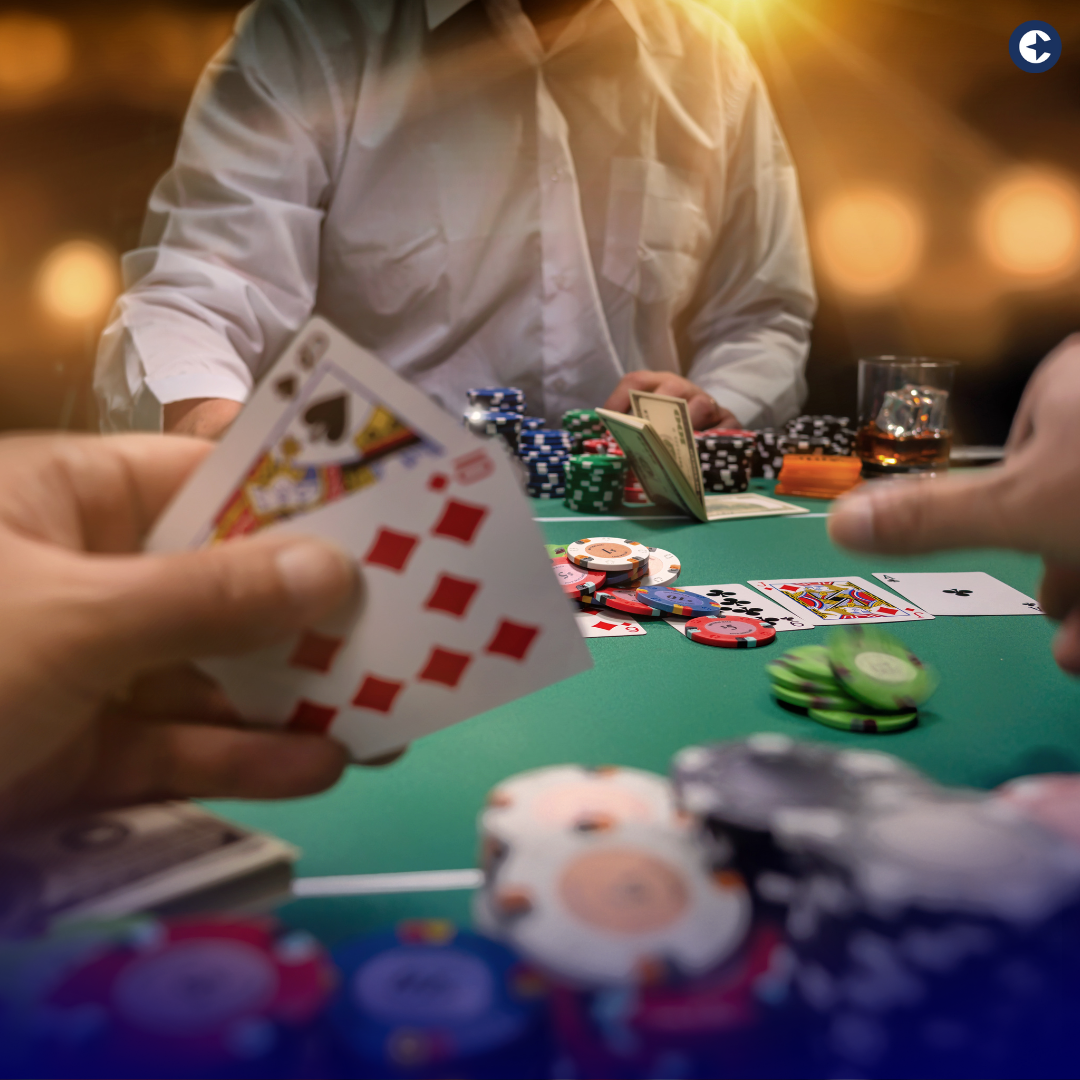Gambling addiction, also known as compulsive gambling or gambling disorder, is a serious mental health issue that affects millions of people worldwide. It can lead to significant personal, financial, and social consequences. Understanding the nature of gambling addiction and the available therapy and rehabilitation options is crucial for those struggling with this disorder and their loved ones. This blog will explore the signs of gambling addiction, the impact it can have, and the various treatment and rehabilitation options available.
Understanding Gambling Addiction
Gambling addiction is characterized by an uncontrollable urge to gamble despite the negative consequences it may cause. It is a form of impulse-control disorder that can affect anyone, regardless of age, gender, or socioeconomic status.
Signs and Symptoms:
- Preoccupation with Gambling: Constantly thinking about gambling, planning the next gambling venture, or finding ways to obtain money for gambling.
- Increased Tolerance: Needing to gamble with increasing amounts of money to achieve the desired excitement.
- Failed Attempts to Control: Unsuccessful efforts to cut back or stop gambling.
- Restlessness and Irritability: Feeling restless or irritable when trying to reduce or stop gambling.
- Chasing Losses: Continuing to gamble in an attempt to recover lost money.
- Lying and Deception: Lying to family members, friends, or therapists to conceal the extent of gambling.
- Jeopardizing Relationships and Opportunities: Risking or losing significant relationships, job opportunities, or educational or career advancements due to gambling.
- Financial Problems: Resorting to borrowing money, selling possessions, or engaging in illegal activities to finance gambling.
The Impact of Gambling Addiction
Gambling addiction can have devastating effects on various aspects of an individual’s life:
- Financial Consequences
- Accumulating significant debt
- Bankruptcy
- Loss of savings and assets
- Personal and Family Relationships
- Strained or broken relationships
- Domestic conflicts
- Neglect of family responsibilities
- Mental Health
- Increased risk of depression and anxiety
- Substance abuse
- Suicidal thoughts or attempts
- Physical Health
- Stress-related health issues
- Lack of self-care
- Professional Life
- Poor job performance
- Job loss or unemployment
Therapy and Rehabilitation Options
Effective treatment for gambling addiction often involves a combination of therapies and support systems. Here are some of the most common and effective options:
- Cognitive-Behavioral Therapy (CBT)
- Focus: CBT helps individuals recognize and change negative thought patterns and behaviors associated with gambling.
- Techniques: This therapy includes techniques such as cognitive restructuring, problem-solving, and skills training to cope with urges to gamble.
- Motivational Interviewing (MI)
- Focus: MI is a client-centered counseling style that addresses ambivalence about quitting gambling and motivates individuals to change their behavior.
- Techniques: This approach uses open-ended questions, reflective listening, and summarizing to help individuals explore their motivations for change.
- Group Therapy
- Focus: Group therapy provides a supportive environment where individuals can share experiences, gain insights, and receive feedback from peers.
- Benefits: It helps reduce isolation, builds a sense of community, and offers practical advice and encouragement.
- Family Therapy
- Focus: Family therapy involves family members in the treatment process to address the impact of gambling on relationships and improve communication and support within the family.
- Benefits: It helps rebuild trust, resolve conflicts, and strengthen family dynamics.
- Inpatient Rehabilitation Programs
- Focus: Inpatient rehab programs provide a structured environment with 24/7 support and care, removing individuals from triggers and temptations.
- Components: These programs often include individual and group therapy, educational sessions, and aftercare planning.
- Outpatient Rehabilitation Programs
- Focus: Outpatient programs offer flexibility, allowing individuals to receive treatment while maintaining their daily responsibilities.
- Components: These programs typically involve regular therapy sessions, support groups, and access to resources.
- Self-Help and Support Groups
- Gamblers Anonymous (GA): GA is a 12-step program modeled after Alcoholics Anonymous that provides a supportive community and framework for recovery.
- Benefits: Support groups offer mutual support, accountability, and shared experiences.
- Medication
- Focus: In some cases, medication may be prescribed to address co-occurring mental health conditions such as depression or anxiety that contribute to gambling behavior.
- Examples: Antidepressants, mood stabilizers, or opioid antagonists may be used as part of a comprehensive treatment plan.
- Financial Counseling and Management
- Focus: Financial counseling helps individuals address the financial damage caused by gambling and develop strategies to manage and repay debts.
- Benefits: It provides practical tools for budgeting, financial planning, and rebuilding financial stability.
Steps to Seek Help
- Acknowledge the Problem
- Recognizing the signs of gambling addiction is the first step towards recovery.
- Reach Out for Support
- Talk to a trusted friend, family member, or healthcare professional about your struggles.
- Seek Professional Help
- Consult with a therapist or counselor who specializes in gambling addiction.
- Join a Support Group
- Connect with others who are experiencing similar challenges through support groups like Gamblers Anonymous.
- Develop a Treatment Plan
- Work with healthcare providers to develop a comprehensive treatment plan that includes therapy, support, and, if necessary, medication.
- Stay Committed to Recovery
- Recovery is a continuous process. Stay engaged in therapy, attend support group meetings, and utilize available resources to maintain progress.
Conclusion
Gambling addiction is a serious issue that requires a multifaceted approach to treatment and recovery. Through a combination of cognitive-behavioral therapy, motivational interviewing, group and family therapy, inpatient and outpatient rehabilitation programs, self-help and support groups, medication, and financial counseling, individuals struggling with gambling addiction can find the support and resources they need to reclaim their lives. Acknowledging the problem and seeking help is the first step towards recovery. With the right support and commitment, overcoming gambling addiction is possible.
For more follow us on Instagram, Facebook, Twitter, & LinkedIn.


